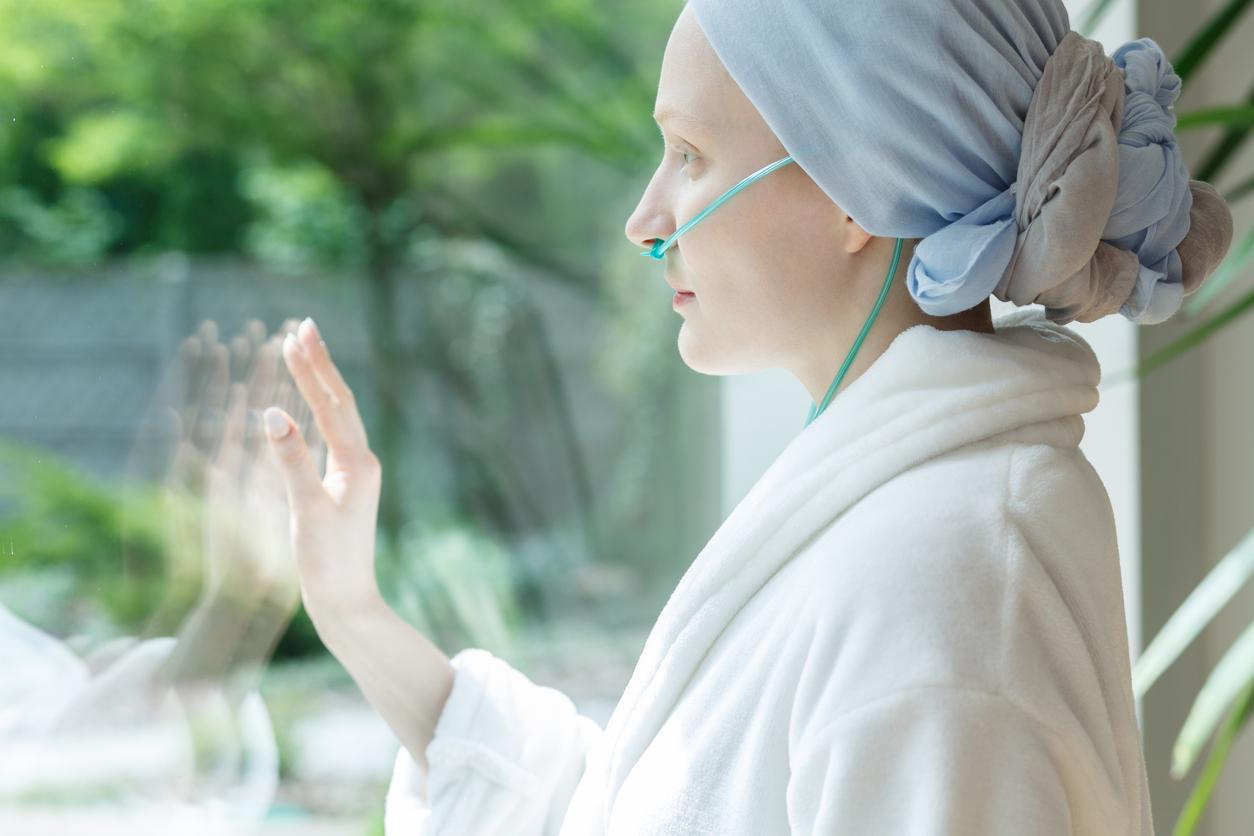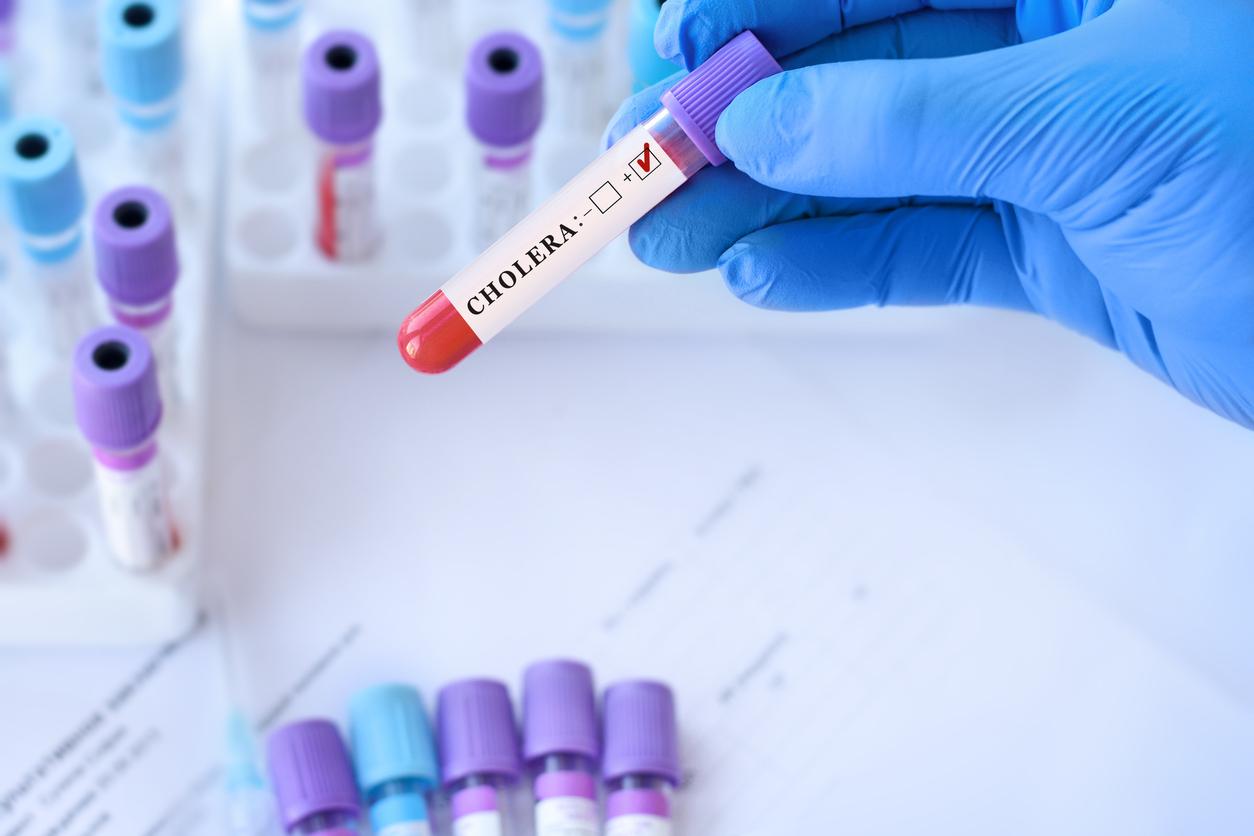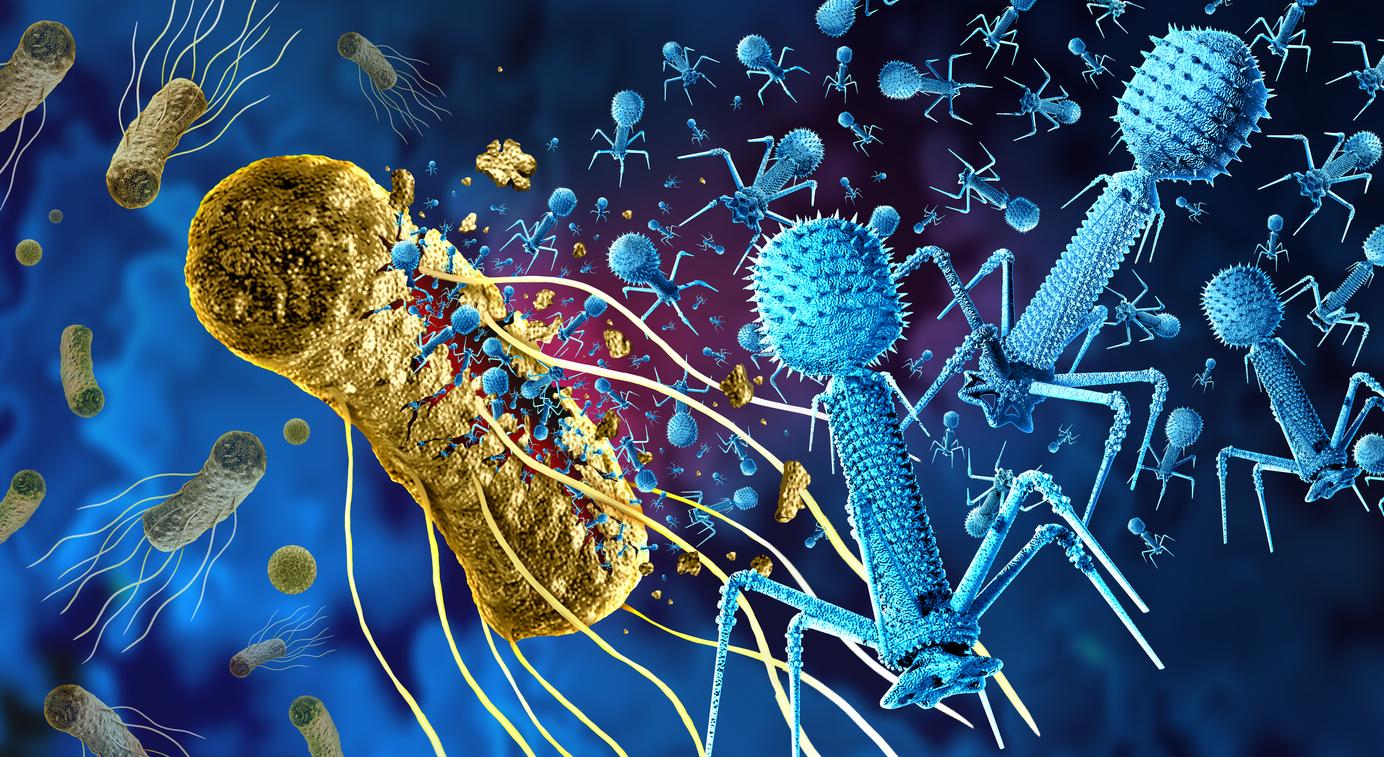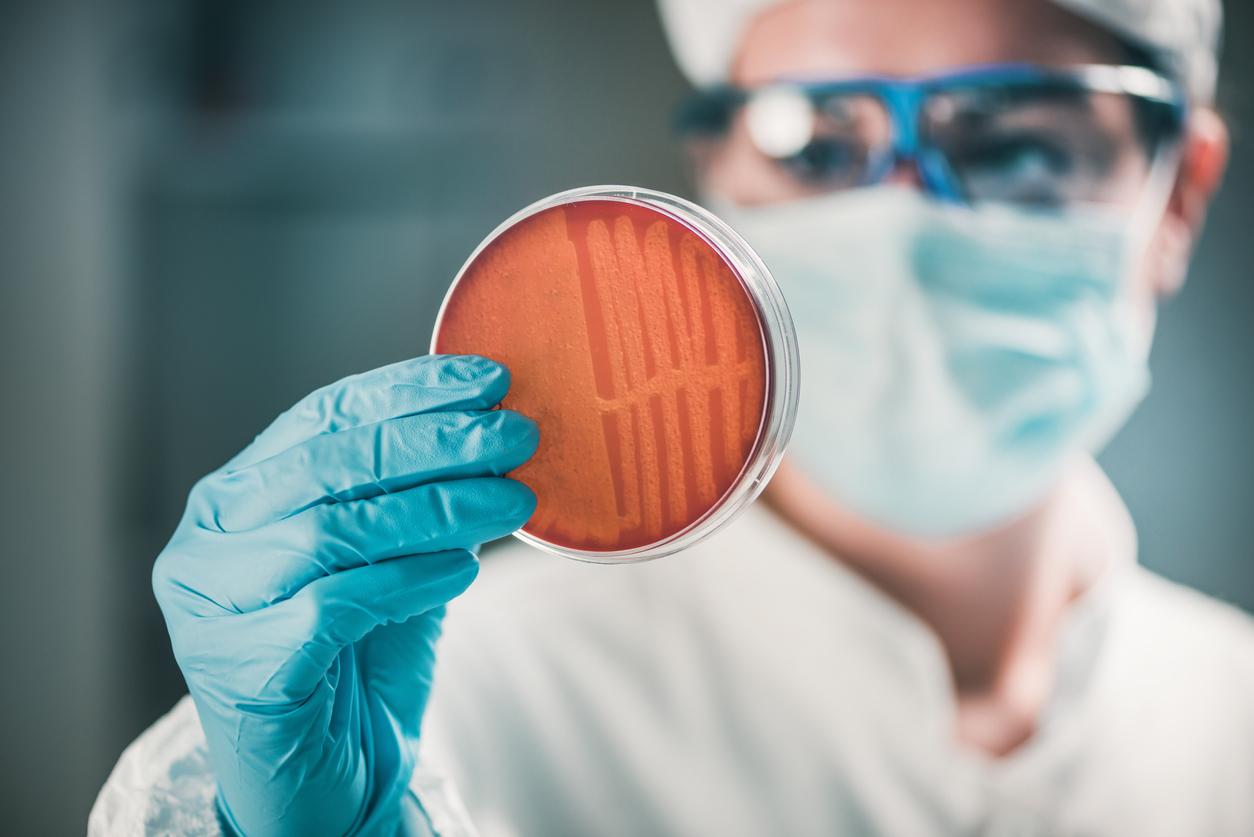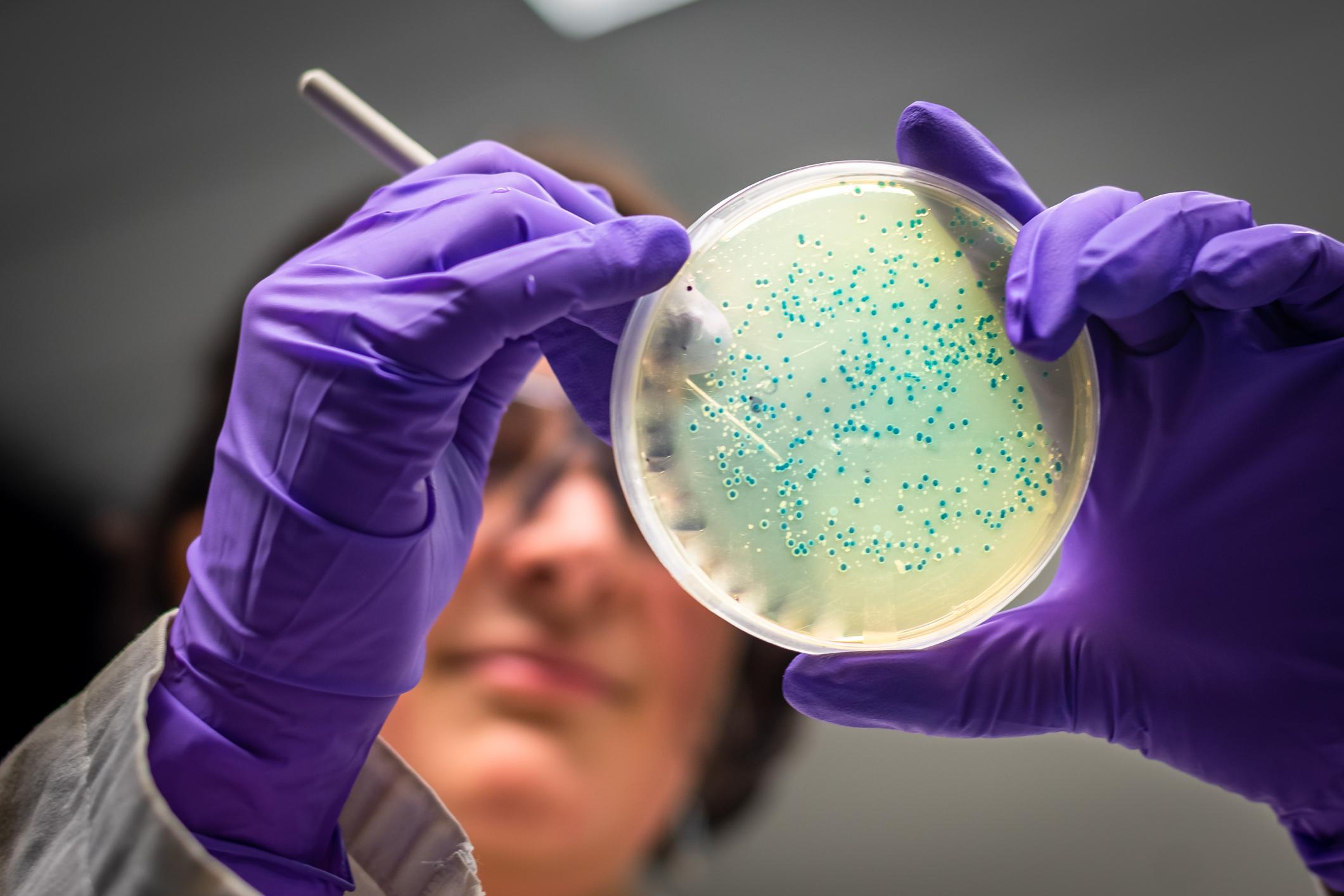Is the human body a privileged place allowing microbes to develop, in particular, resistance to antibiotic treatments? This is suggested by the results of studies which show that the exchange of genes between bacteria is 30% higher inside our organism than in other environments.
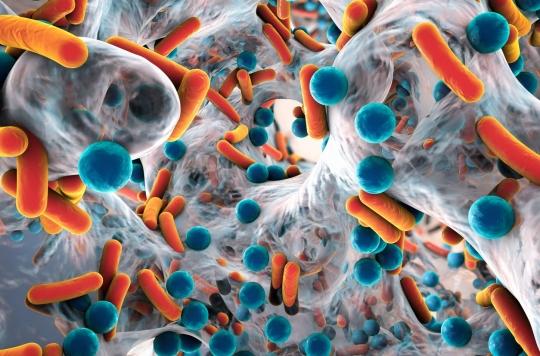
“Our bodies provide a unique niche that facilitates innovation at the microbial level.” What does this statement by Professor Gustavo Caetano-Anolles of the Illinois Institute of Biology (USA) mean, whose work has just been published in the journal Scientific Reports ? May the bacteria that our organisms harbor find there a very favorable ground to evolve. For our greater good since we cannot live without some of them which thus survive by adapting, but also for our misfortune if these evolutions affect pathogenic bacteria which use this capacity to escape and resist the treatments supposed to fight them , such as antibiotics.
30% higher exchanges in our organizations
Researchers have developed a computational method to identify examples of horizontal gene transfer, a mode of transfer that allows a microorganism to adapt and evolve outside of a classical reproductive process. And they came to the conclusion that these horizontal exchanges between microbes are about 30% higher in our organisms than in nature.
From the observation of a bacterium sampled from six areas of the human body (the intestine, the skin, the oral cavity, the blood, the urogenital tract and the respiratory tract), it appeared that gene exchanges could occur between micro-organisms living in the same parts of the body, but also between bacteria from different tissues, such as between organisms present in the intestines and others living in the blood.
“A significant value in terms of public health”
These gene exchanges between bacteria beyond the tissue barrier are even more frequent (60%) than those observed between bacteria living on the same tissue (40%).
“A better understanding of this phenomenon has significant value in terms of public health since the emergence of multidrug-resistant pathogens resulting from the horizontal spread of antibiotic-resistant genes has become a global concern”, specifies one of the researchers.
But the team from the Illinois Institute of Biology nevertheless has a reservation about the conclusions of this work: “Some of these gene transfers could have occurred before the microbes colonized the human body and it could also be that some bacteria colonize different sites in the human body at different times of life, we need more experimental evidence…”
.









